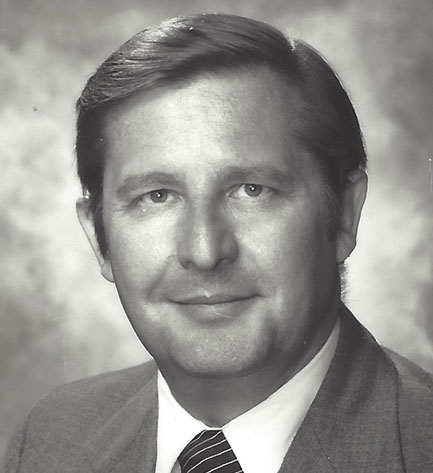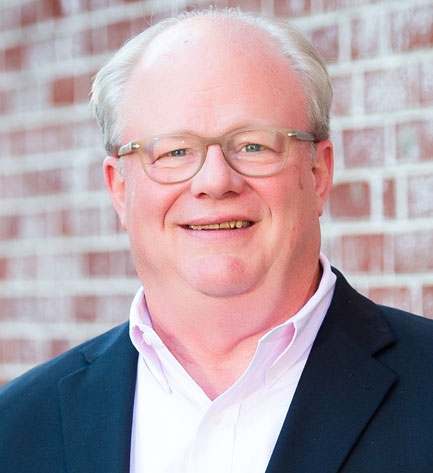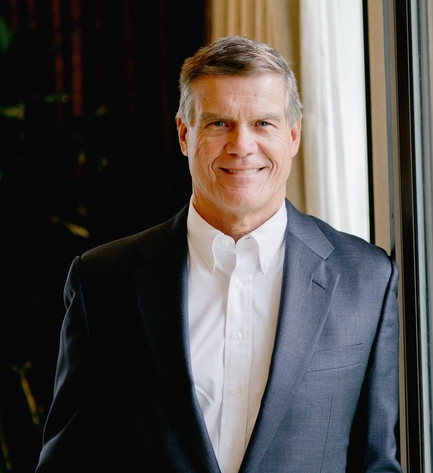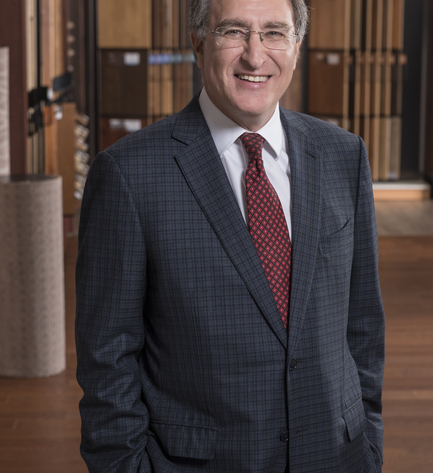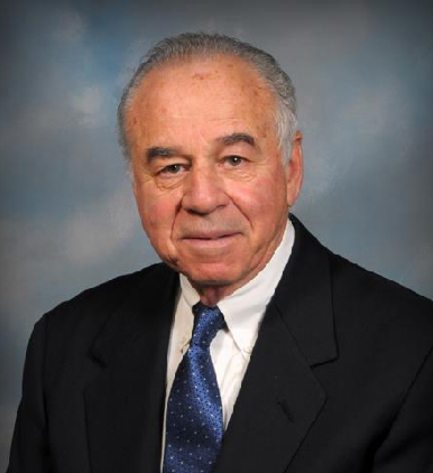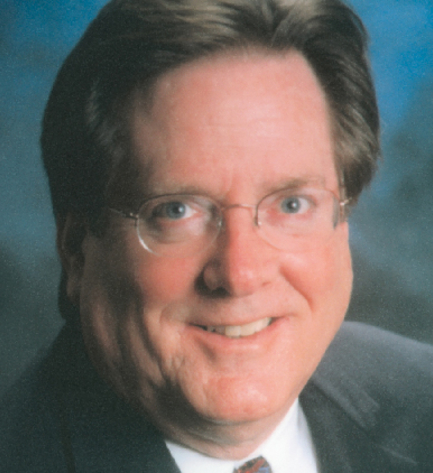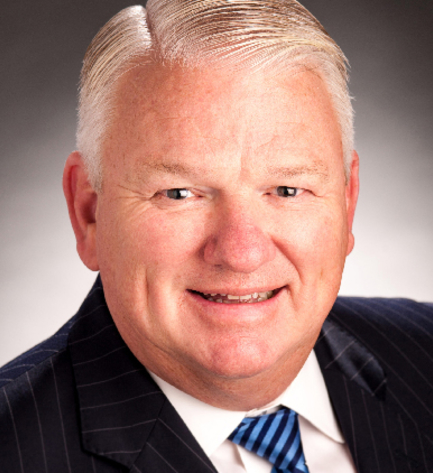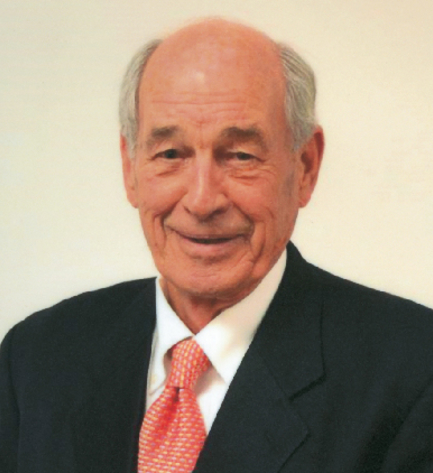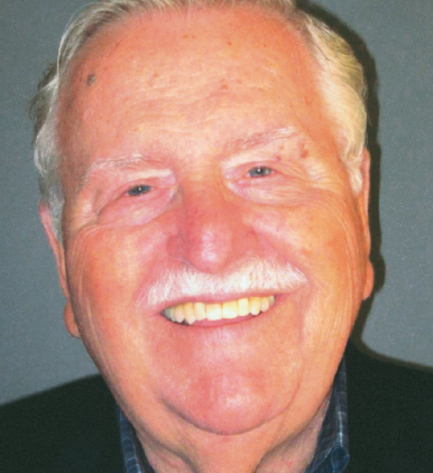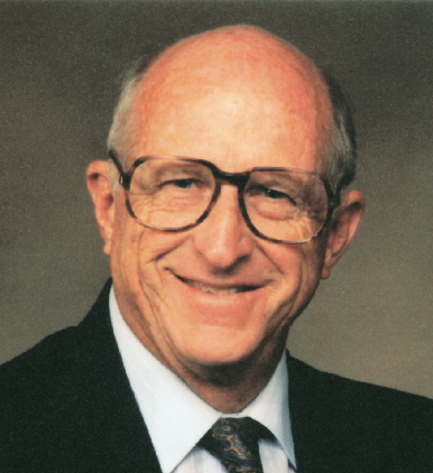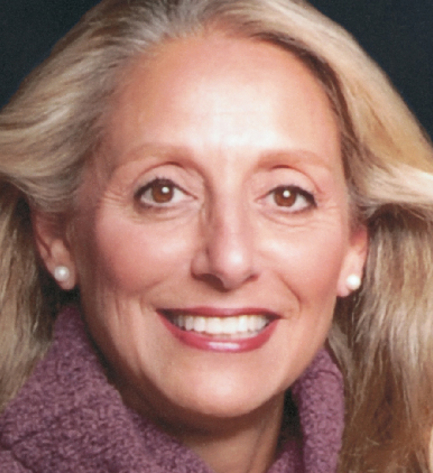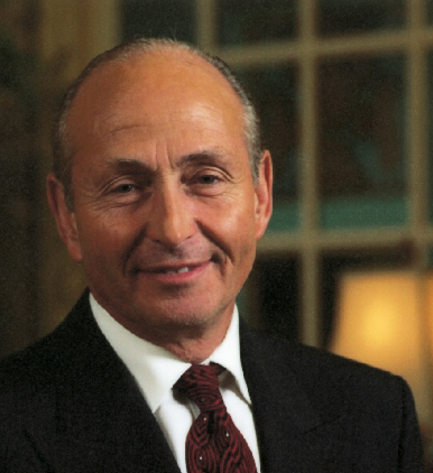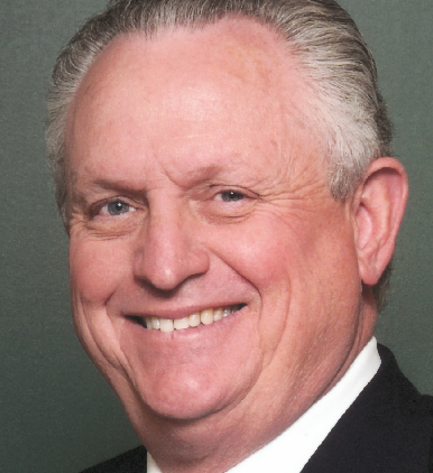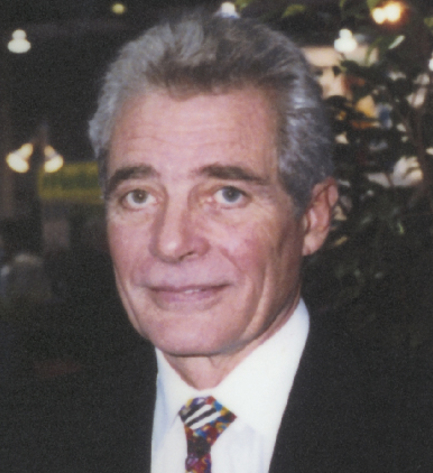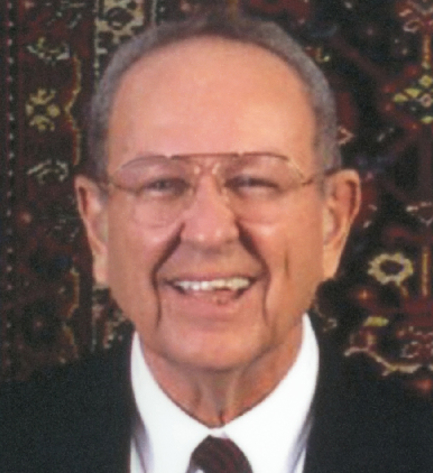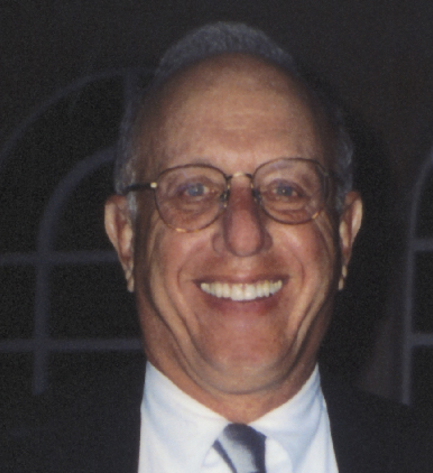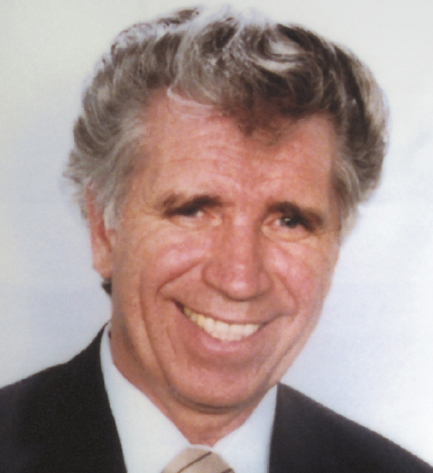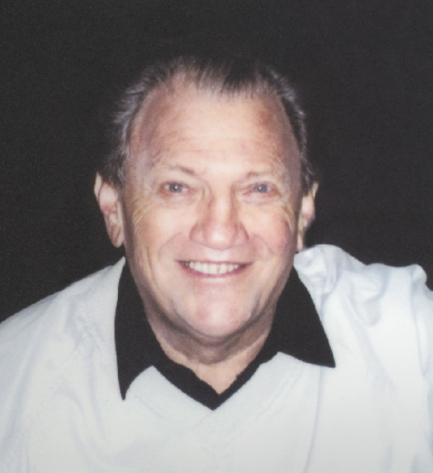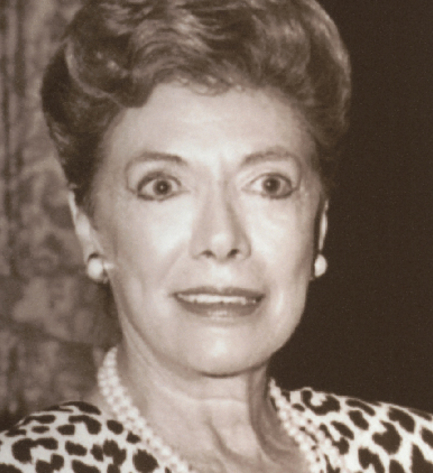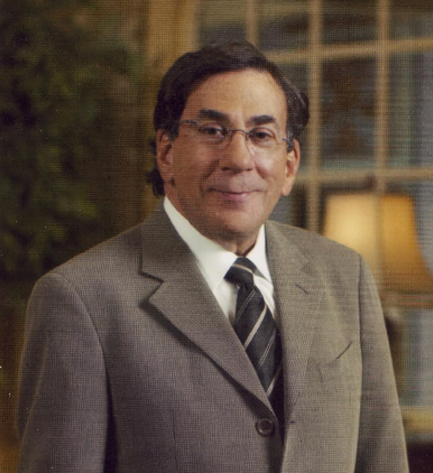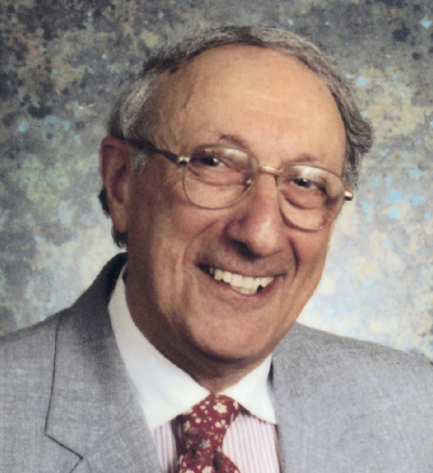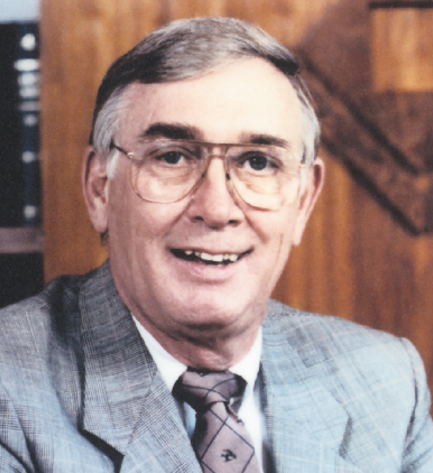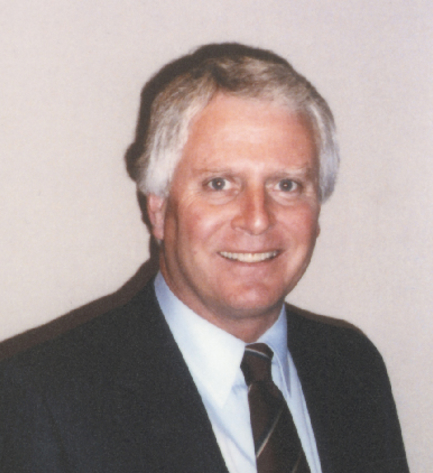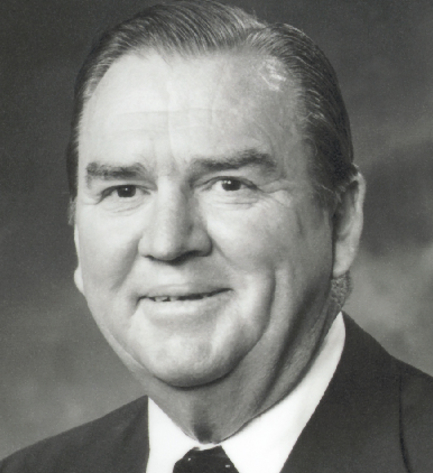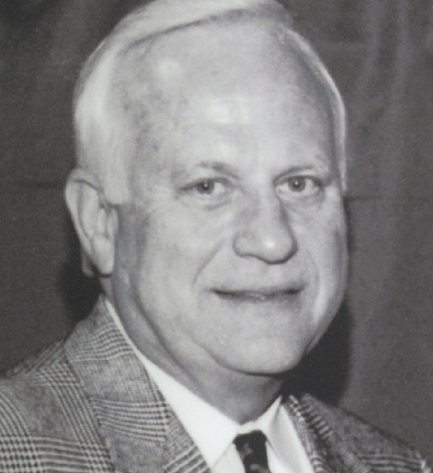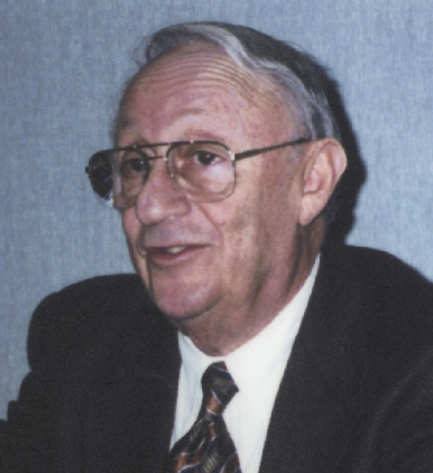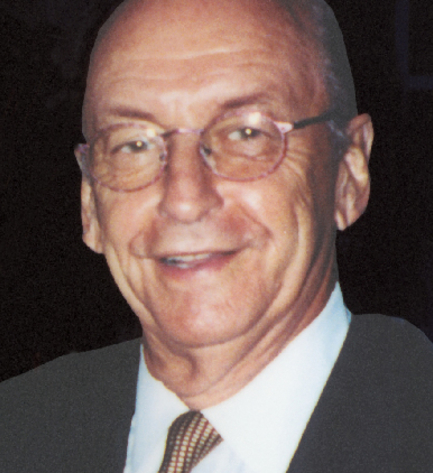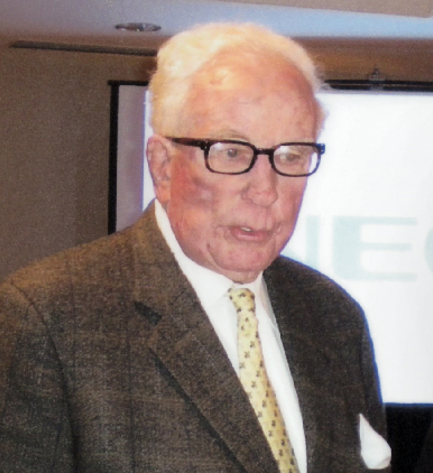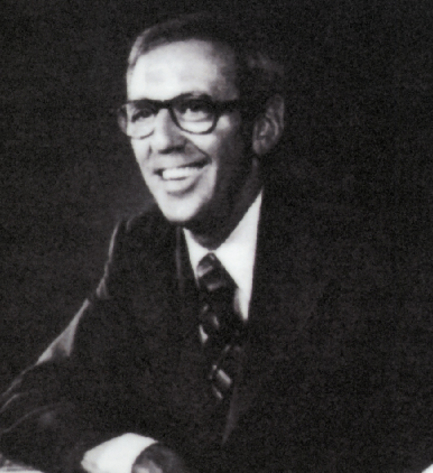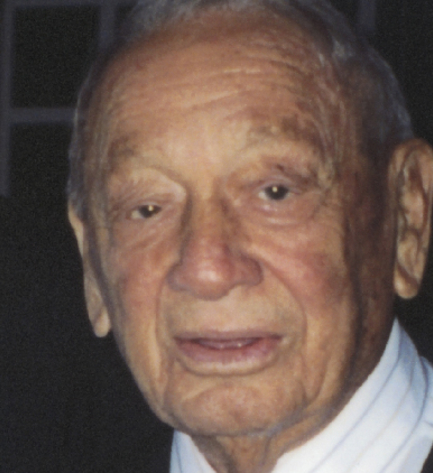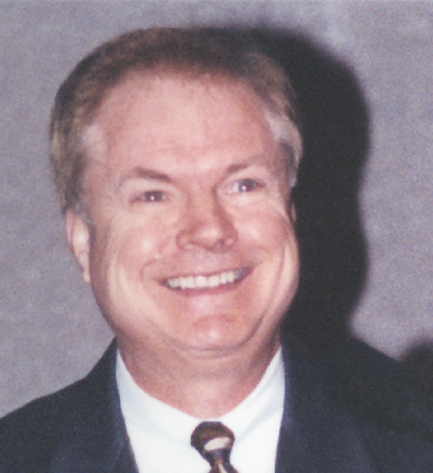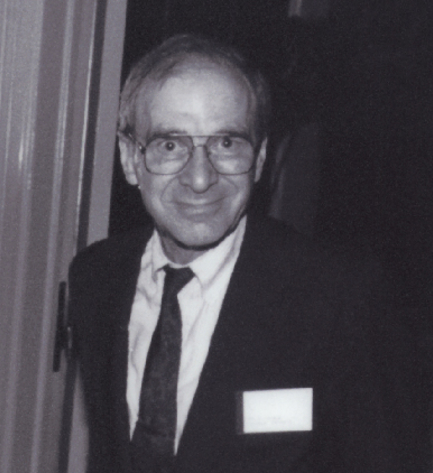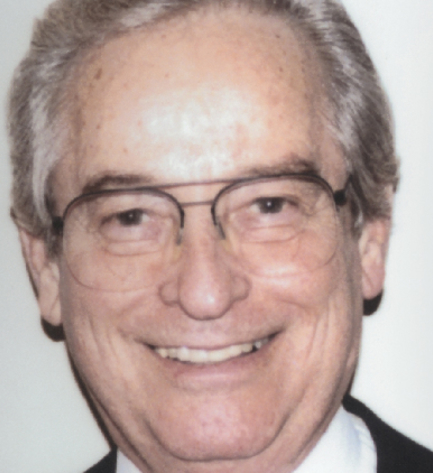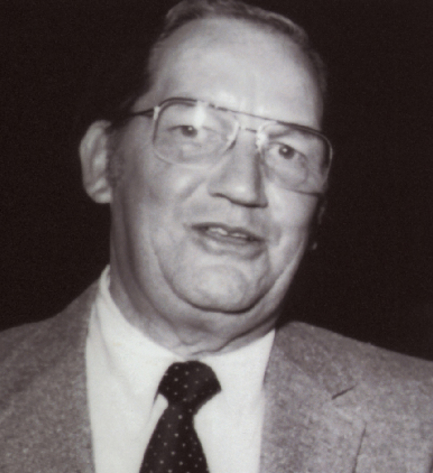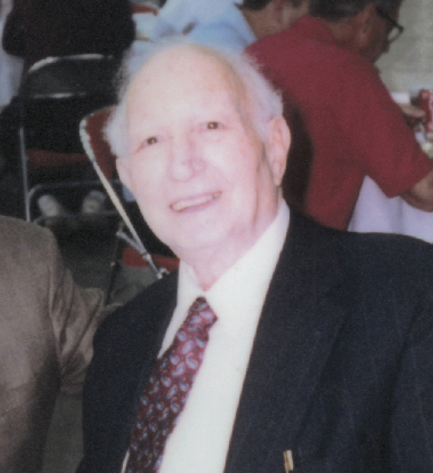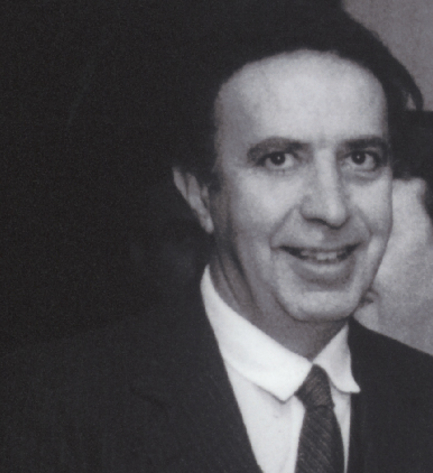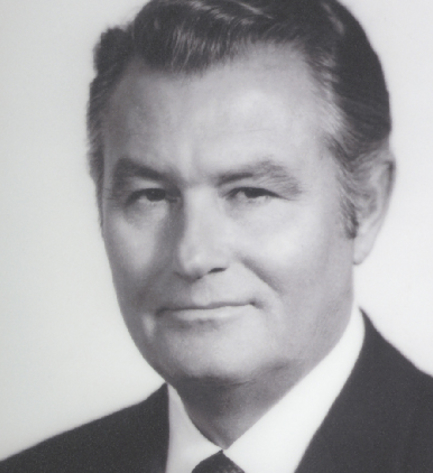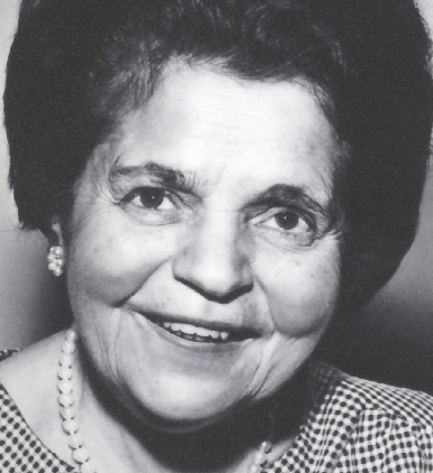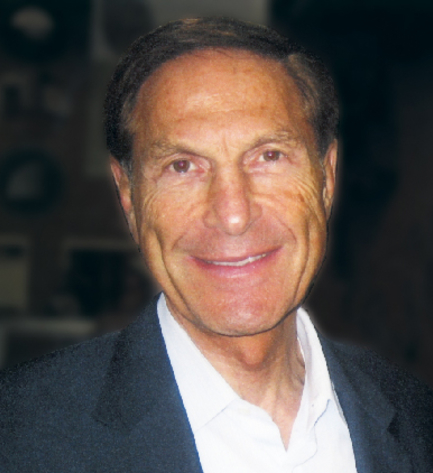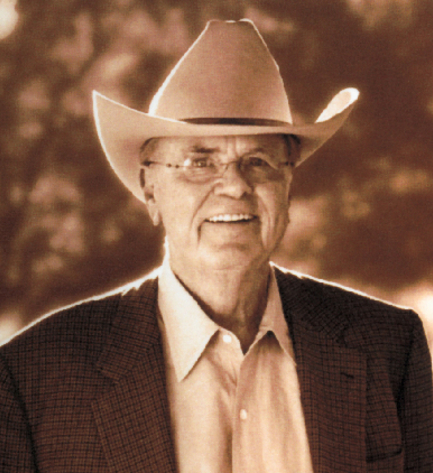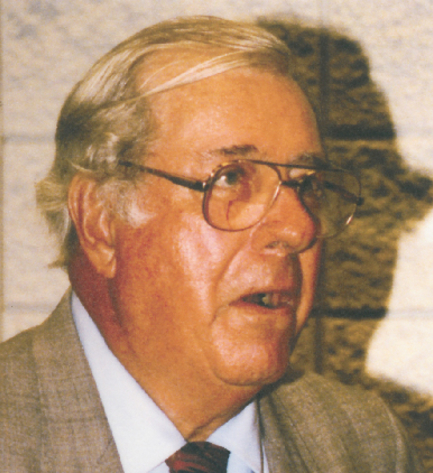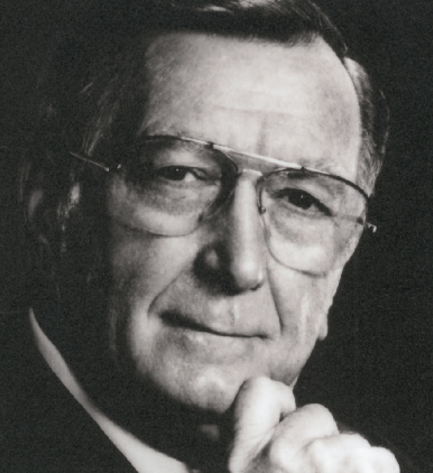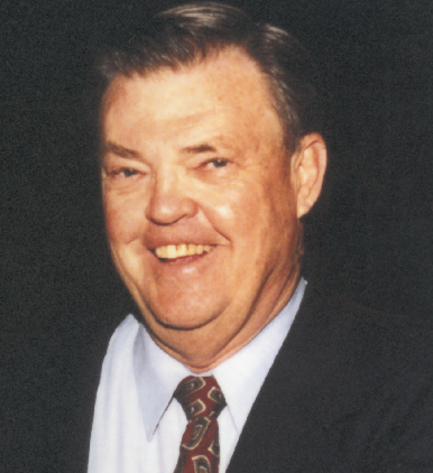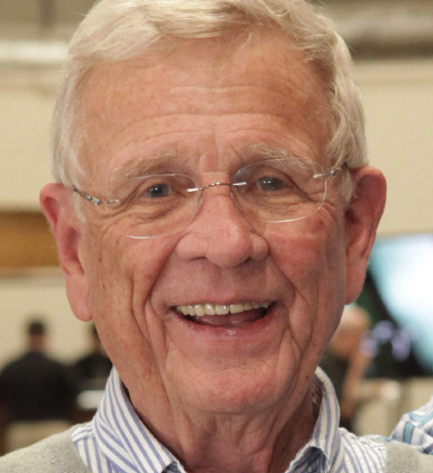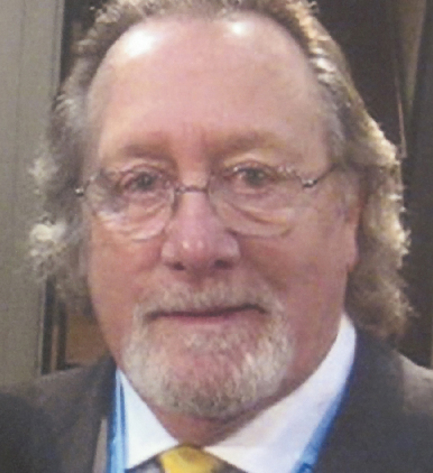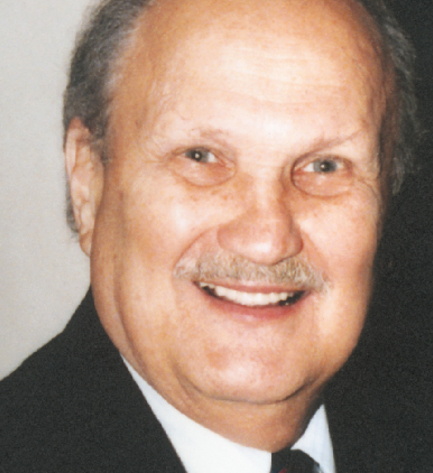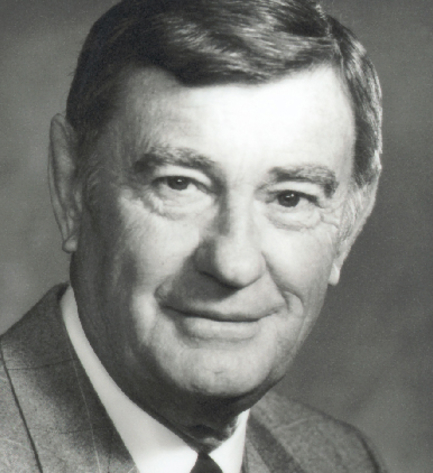Hall of Fame
The industry lost a true visionary when Gheesling passed away suddenly in November2020. His sharp mind, keen eye, passionate drive, and kind spirit catapulted him to be an industry legend. Gheesling touched the hearts of many and left a lasting impression on everyone he met.
Reg Burnett, who passed away in 2013, was a visionary leader, internationally known carpet expert and a consummate professional. Born and educated in England, Burnett moved to the United States in 1957. During the next 15 years he studied synthetic fibers and worked in the American carpet and man-made fiber industry. He founded the RBI Carpet Consulting business in Dalton in 1967 and as its reputation grew internationally, changed to RBI International in 1969.
Tom Jennings is a lifelong member of the flooring industry. He was literally born into his family's retail business, Bud Jennings Carpet One, Inc. which he sold in 2006. He served as president for 20 years following his father’s retirement. During that time of operation, the business won many local, regional, and national awards.
Piet Dossche, founder and chief executive officer of US Floors, didn’t hail from a business environment. His father was a judge in his home country of Belgium, so he grew up in an academic household. After attending Brussels Catholic College, Dossche took a job at Beaulieu International Group, where Roger De Clerck became one of his first professional mentors, giving him the chance to prove himself at an early age. He became managing director of Beaulieu’s manufacturing plant in the U.K.
Born in Macon, Georgia, Vance Bell attended Georgia Tech where he played football and in 1973 received a degree in Industrial Management. After graduating, he went to work for West Point-Pepperell before joining Shaw Industries in 1975.
Harold Chapman has spent his entire professional life in the flooring industry. After graduating from Clemson University in South Carolina, his first job was as a salesman for Sears in the commercial division in Anderson, SC. He was promoted to division sales manager for the entire state before he even hit his two-year anniversary with the company! Chapman’s next notable accomplishment occurred after he joined Bonitz Flooring Group in Greenville, SC.
Jeff Lorberbaum entered his family business, Aladdin Mills, after graduating college in 1976. He was instrumental in Aladdin’s backward integration into fiber manufacturing. Aladdin grew to be the fifth largest carpet and rug manufacturer in the world. In 1994, Aladdin merged with Mohawk Industries. Jeff and his family have provided significant support to local, regional and national charities.
David Polley was establishing himself as a "strategic thinker" before corporate America even knew what "strategic thinking" was. Unlike some, he was not "born" into the flooring industry. He came into the business armed with an undergraduate degree from the University of Pennsylvania and an MBA from Columbia University.
The industry lost a powerful voice and catalyst for improvement when Chris Davis passed away suddenly in February 2012. In the time he was a member of the flooring industry Davis touched the hearts of many. He left an impression that will be recognized for decades to come.
Keith Campbell has spent his entire career at Mannington Mills, which was founded by his great grandfather in 1915. He cut his teeth in the business at his family’s company, working from the ground up through a wide variety of positions. He joined Mannington’s Board of Directors in 1983 and became its Chairman twelve years later.
Lavone Pirner is a true industry visionary and is recognized for groundbreaking achievements. Pirner began his career in 1967 when he was approached by a friend and a family member about investing in Discount Carpet Center—now known as CAP Carpet. Never having run a business before, he learned quickly and immersed himself in the flooring world. Starting with an inventory of justsix rolls of carpet—all on consignment—Mr.
The paper trail of industry accomplishments by Fritz Munzinger could very possibly circle the globe more than once. Most notably, he is recognized for his merchandising and selling skill-set in the retail sector.
Paul J. Pumphrey is the Founder of Cleaver Carpet Center in Pueblo, Colorado, established in 1953.
Sonna Calandrino enjoyed a unique career in the flooring business. The first portion of Calandrino's flooring journey centered on her founding a retail flooring store in upstate New York. Ultimately this business grew to include ten stores, emphasizing excellent customer service directed to the architectural and design communities.
Sandy Mishkin has had a significant positive impact on the floor covering industry. In 1984 Mishkin, along with fellow WFCA Hall of Fame members Howard Brodsky and Alan Greenberg, started Carpet One with ten founding members—each an equal shareholder in the cooperative—and began to pool purchases and promotions together.
Marvin Berlin was the force behind New York Carpet World. Between 1967 and 1996, New York Carpet World grew from two stores to a chain of over 250 stores in 17 states. Berlin visited virtually every location on at least an annual basis and his management and information systems became models for others to follow. The art of multi store merchandising, private labeling and advertising matured and were perfected by New York Carpet World.
Terry Wheat is a rare breed among the inductees: a successful Retailer and Software Developer whose B2B solutions have been instrumental in developing computer software for flooring professionals. The enterprise that grew to become Wheat’s Carpet One, was established in 1969 and operated out of the kitchen of Wheat’s house in Alabama. Using what he learned as a retailer, he went on to develop an integrated software package tailored for the floor covering business.
Phil Gutierrez, who began his distinguished career in the floor covering industry as a Buyer at Richard’s Department Store in Miami, took ownership of Abbey Carpet in the 1970s. At the time it had a negative net worth and only a handful of members. From those beginnings, Gutierrez built a company (Abbey, Floors To Go and The Floor Club) into more than 1,000 franchises.
Alan Lorberbaum and his wife, Shirley, founded Aladdin Mills in 1957 as a rug and bath mat business and built it into one of the industry’s most formidable carpet manufacturers. Aladdin was one of the first carpet producers to invest in fiber extrusion, new technologies and distribution systems to provide a higher level than existing industry standards. In 1994, Aladdin merged with Mohawk Industries with Lorberbaum becoming the largest stockholder and joining the Mohawk board.
After graduating from Georgia Tech in 1963, Julian Saul returned home to Dalton to work for his father’s textile business, Queen Tufting (later Queen Carpet), which eventually became a part of Shaw Industries. When the haze of cotton lint and dust in the mills caused Saul’s allergies to flare up, he approached his father about the company manufacturing carpet with synthetic materials. In 1969, Queen entered the carpet business—and never looked back.
Jim Walker’s name is synonymous with integrity and leadership. His vision to infuse professionalism into all aspects of the floor covering purchase process has added a new dimension to the way floor covering products are bought and sold. Walker entered the flooring industry more than 40 years ago when he started Walker’s Carpeting, a Kansas City-based installation workroom representing residential and commercial clients nationwide.
A retail merchandising legend, Herb Wolk is best known as the Owner and driving force behind Cadillac Carpet Distributors, which began operations on Long Island, N.Y., in 1975. His keen sense of merchandising was honed through experience as a Vice President of Allen Carpet and a 20-year stint as Owner and Vice President of David’s Carpet. He was also very active in the Retail Floorcovering Institute, which later became known as the American Floorcovering Association (AFA).
Shirley Lorberbaum was a carpet industry pioneer, a community leader and philanthropist, and along with her husband, Alan, co-founded Aladdin Mills, which in 1994 merged with Mohawk and Karastan to become the second largest U.S. carpet mill. As Co-Founder of Aladdin Mills, as the first female President of the Dalton/Whitfield Chamber of Commerce and as an advocate for children and minorities, she created a legacy of progress and success.
Alan Greenberg had a lifetime of experience in the floor covering business. He grew up in the family business: Tile Town/Carpet City of St. Louis. After earning his MBA from St. Louis University in 1968, he joined Tile Town/Carpet City as a minority stockholder. He quickly grew the company into a $20 million enterprise and one of the region’s largest floor covering dealers.
The legacy of Lou Spano is that of a goodwill Ambassador for retail floor covering. He always wore a smile, looked for goodness in everyone and worked tirelessly to help others. He dropped out of high school to help support his family following his father's death; he purchased the bankrupt Edwards Floor Covering in 1955, and although he did not have financial responsibility, he paid in full all liens against the company, which became Eldorado Carpet One.
The story behind Robert Van Buren is that of a young star’s rise through the ranks, beginning as a chemist in 1950. Through the years, Van Buren’s vision impacted every aspect of the industry, from manufacturing and distribution to retailing and marketing. Called a manufacturing “genius” by a friend, Van Buren understood the business.
Dick McAdams was 23 when he founded his first company, McAdams Carpets in Montgomery, Ala. At one time he was listed in the book of world records for owning a retail store that did the most business per square foot in the world. By 1975, McAdams Carpets had become the largest flooring dealer in Alabama, a distinction his store would have for 20 years when it discontinued residential sales.
John (Johnny) B. Campbell II began his long and distinguished career in floor covering manufacturing in 1934, during the Depression. At age 12, he joined Mannington Mills, the company founded by his grandfather in 1915, as a summer employee earning 25 cents an hour. After attending Dartmouth College and serving in World War II as a member of the Marine Corps, Johnny returned to Mannington in 1946 as a Plant Manager Trainee.
Levon Ezell, a lifelong friend of Lloyd Brinkman, was recognized as a guiding force behind the growth of LDBrinkman, at one time the largest flooring distributor with annual sales of around $370 million. Ezell, who co-founded the wholesaler, recognized that the strength of the company was in its people and their character. His hallmark was his high level of integrity and ethics. Ezell, who became president of LDBrinkman in 1969, added the titles of CEO and Chairman in subsequent years.
Howard Olansky, a highly respected Journalist and Publisher who devoted his career to the flooring business, was widely credited with advancing the industry in a number of key areas. Olansky’s legacy in the flooring business can most readily be seen in several prominent industry publications, including National Floor Trends, Floor Covering Installer and ICS Cleaning Specialist magazines.
Larry Nagle, one of the most recognizable faces in the industry, is the President of N.L. Nagle, which provides consulting services primarily to the floor covering industry. He has more than 50 years of experience in coordinating retailing activities, managing manufacturing operations and providing consultancy services. Nagle has provided consultancy services to DuPont, Invista, Beaulieu, Pergo, Mannington, Abbey, CCA Global, World Floor Covering Association, and GE Capital.
Through Roger Milliken’s leadership and passion for innovation and research, Milliken & Co. became one of the largest and most successful textile and chemical manufacturing companies in the world. With more than 16,000 associates working in 65 plants in South Carolina and five other states, Milliken’s operations extend to 12 countries worldwide.
A retailer to the core, Ulrich Meyer’s first job was with Goldblatt Brothers, a chain of discount stores that dominated the retail landscape in Chicago. For 10 years, Meyer learned the retailing trade at Goldblatt’s until he was ready to open his first store—a 5,000-square-foot Carpetland store in Munster, Ind. The location eventually grew to 40,000 square feet and remains the headquarters of the chain today. In 1968, Meyer opened his first franchise store in Fort Wayne, Ind.
James (Jim) Marcus was a major East Coast Carpet Manufacturer in the 1940s. Together with partner George Stone, Marcus formed Aldon Rug Mills, which at first produced mats and area rugs. The company later started a separate broadloom business, which grew rapidly. Marcus later sold that business and started a new company, Commercial Carpet Corp. At its peak, Commercial had 125 full-time salesmen and five regional managers. Marcus expanded that enterprise by selling product to distributors.
During David Kolb’s nearly 25 years with Mohawk, the company grew from $200 million in revenue to the floor covering industry leader with annual sales in excess of $5 billion. Under his leadership, Mohawk was spun off from its parent company in a leveraged-buyout transaction. In 1992, he took the company public and began to lead the consolidation of the floor covering industry with a dozen acquisitions over the course of eight years.
Ted Einstein was far ahead of his time, making it all about fashion instead of just flooring. Born in Frankfurt, Ted Einstein fled Germany in 1933 with the advent of the Nazi regime in Berlin. He survived the war in France and came to the United States in 1947. Eight years later, Einstein started a carpet business in Bloomfield, N.J., teaming with Albert Moomjy, a partnership that grew two years later to take on Walter Moomjy and Einstein’s twin brother, Ernst.
William Clark spent his entire 45-year career with Azrock, joining the Floor Products Division in 1948 as a Sales Rep in Houston. At the time, the resilient flooring industry and Azrock was in its infancy. Clark used those early days as an opportunity to grow the company’s business and climb the ranks until reaching Chairman and CEO in 1992. Under Clark’s leadership Azrock grew to become a leader in the U.S. flooring market.
William Orders founded Orders Distributing Co. in 1955 in South Carolina, and for more than five decades it flourished under his leadership serving flooring dealers in a seven-state region of the Southeast. An active Leader in both his community and floor covering industry, Orders is known for running his business in an ethical and professional manner. In 2006, Kraus Carpet Mills, a Canadian-based carpet and fiber manufacturer and flooring distributor, acquired Orders Distributing.
With an initial investment of $1,750, Harry Saul and his wife, Helen, co-founded a small chenille business in 1946. Who knew back then that the little business that manufactured children’s robes would eventually become Queen Carpet. During the 1990s, Queen Carpet experienced rapid growth by purchasing several carpet manufacturers, including Patcraft Mills (1990), Cumberland Mills (1992) and Tuftex Industries (1994), the largest mill on the West Coast.
Few flooring executives had a run of success like Bud Seretean. He co-founded Coronet Industries in Dalton in 1956 and served as Chairman and CEO for 30 years. The carpet, furniture and wall coverings manufacturer quickly grew to $400 million in sales and 4,000 employees and was purchased in 1971 by RCA Corp. Seretean’s entrepreneurial spirit continued after his decades at Coronet.
A summer job in 1947 working for Katherine Chenilles, a rug mill in Dalton, prepared Shaheen for a career in the carpet industry. After graduating college Shaheen became a Salesman for Katherine Chenilles in the Midwest before settling in Dalton to manage the company’s office and oversee its manufacturing.
What do Gene Barwick and Paul “Bear” Bryant have in common? They both were named to the Sports Illustrated Silver Anniversary All American football team. Barwick was known for much more than that, of course, specifically his innovative ideas and enthusiasm.
Rose Blumkin (better known as Mrs. B) arrived in the United States with $66 in her pocket and not knowing a word of English. During the Depression, to keep her family from starving, she visited clothing stores and noted their prices. She passed out 10,000 flyers advertising she could out-fit a man from head to toe for only $5. She made over $800 in one day.
Howard Brodsky and Alan Greenberg shared a vision: to dominate the floor covering market by creating a unique business that would allow independent carpet retailers to operate profitably in an increasingly competitive marketplace. That was 1984. Within a year, they achieved their goal—and made history—with the launch of Carpet One.
Lloyd Brinkman was an admired member of the floor covering industry, not only for his acute business and customer relations skills but also for his dedication to helping the entire industry. Brinkman is recognized for his entrepreneurship. He started his business career raising Brangus cattle in the Dallas area, as well as running a successful carpet distribution business.
Walter Guinan, one of the carpet industry’s marketing legends, began his career in 1928 as a Sample Boy at Bigelow-Sanford, rising through the ranks to Stylist. In 1954 he was named Executive Vice President and Sales Manager at Karastan Rug Mills, assuming the role of President in 1957. Over the next 10 years, Guinan transformed Karastan Rug into one of the most recognizable brand names in America and in 1969 was named Senior Vice President of Karastan’s parent company, Fieldcrest Cannon.
Frank Mayfield began his retail career during the start of the Depression, working for his father in a small furniture store. He spent every hour he could developing his famous sales techniques. In 1947, Mayfield borrowed $12,500 and opened Mayfield’s Inc. in Greenville, S.C. Under his leadership the store grew into a multi-million dollar business. During his 45 years at the helm, Mayfield built a clientele in Greenville that was the envy of any retail business in the city.
Dean McKinney was known as a consummate professional—friendly, honest, hard working, mentor; it was those qualities that made him one of the most respected leaders in the flooring industry during his 38-year career that began in 1954 when he was a Marketing Rep for Armstrong World Industries in the flooring company’s New York district office. Two years later he left Armstrong and headed to Chicago to work for Carson Pirie Scott as a Residential Sales Rep.
Robert E. (Bob) Shaw often observed that he wanted to build an institution that would last. As Co-Founder, President and CEO of Shaw Industries for decades, Bob Shaw built the company into an institution that would become the world’s largest carpet company. During the recession of the early 1980s, Shaw made a series of strategic moves that catapulted the firm to the top spot among carpet makers. Shaw also opted to go into competition with its largest customers: wholesale distributors.
Peter Spirer’s career spans more than four decades, during which he has left an indelible mark on the industry. Spirer is most widely recognized for his success in establishing Horizon Industries, which he founded in 1972. He is largely credited for bringing fashion to floor covering through both product and advertising. He served as Horizon’s CEO and helped steer the company from last among some 300 manufacturers to sixth in the industry.
As a dedicated Editor and Publisher, Al Wahnon’s floor covering industry preeminence is well-recognized via his coverage for more than 50 years, a period coinciding with many of the industry’s most significant developments. During his 31-year tenure with Floor Covering Weekly, Wahnon was largely responsible for its status as the industry’s dominant publication.
Arthur Williams, who began his flooring career at Armstrong in 1947, came to Mannington in October 1961 and was a part of that company’s leadership team for more than 25 years before retiring in 1987. His partnership with John B. Campbell enabled Mannington to grow from a family-run into a professionally managed, world-class organization.



